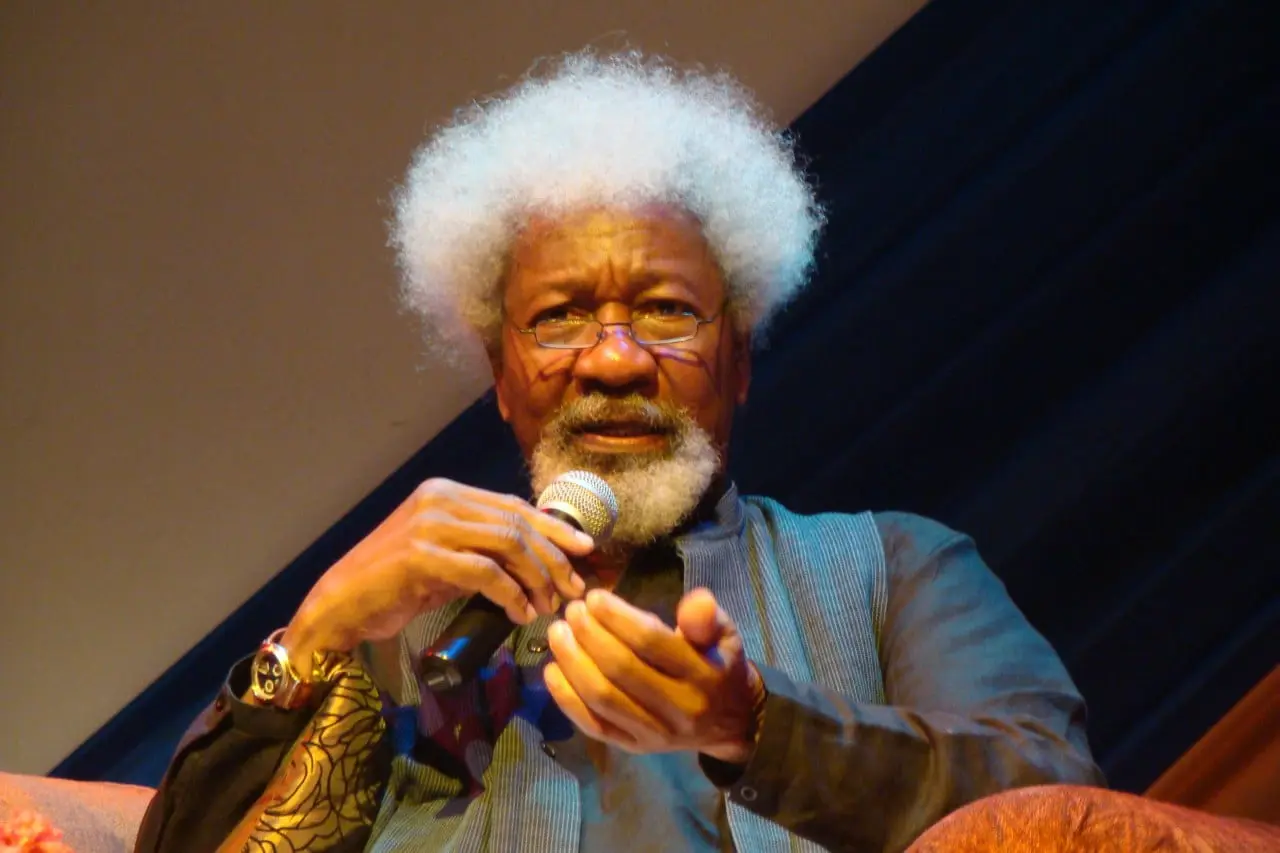“Nigeria should break up if necessary” — Prof Wole Soyinka
Nobel Laureate Prof Wole Soyinka has suggested that Nigeria should consider breaking up if it helps solve the country’s challenges.
Speaking at the PUNCH Newspapers’ 50th-anniversary lecture in Lagos on Thursday, Soyinka emphasized the need for decentralization to bring governance closer to the people, stating that leaders should stop taking Nigerians for granted.
Soyinka, who delivered a lecture titled ‘Recovering the Narrative,’ expressed support for decentralization, using terms like “reconfiguration” instead of restructuring.
He highlighted the fear of collapse and breakup as excuses several regimes gave, urging leaders to address the issue head-on.
The Nobel laureate pointed out that while politicians understand the importance of restructuring when out of power, they change their stance once in office.
He emphasized the need for leaders to recognize the necessity and inevitability of decentralization to address issues such as security and bring productivity closer to the citizens.
His words: “I know the fear. The fear is collapse, break up. That’s been the excuse given by several regimes. But suppose the nation is breaking up informally, in other words, as a fact rather than as a theory. Then, and you better just address this.
“Come straight on and see exactly what happened. What is wrong with general representatives seeing them and saying this is the protocol of our association, anything outside of it?
“Anyone who does not want to accept these protocols, abide by these protocols and manifest these protocols in the act should take a walk. I have no problem at all.
Also Read: Wole Soyinka: Technology creating generations of uncultured illiterates in Nigeria
“We live in what is known as the nation, beginning as a vast football field and ending up as a ping pong table. If that is going to restore dignity to citizens.
“If that is going to guarantee three square meals a day, then so be it. One of my favourite expressions with people is, “Let nations die, that humanity may live.”













